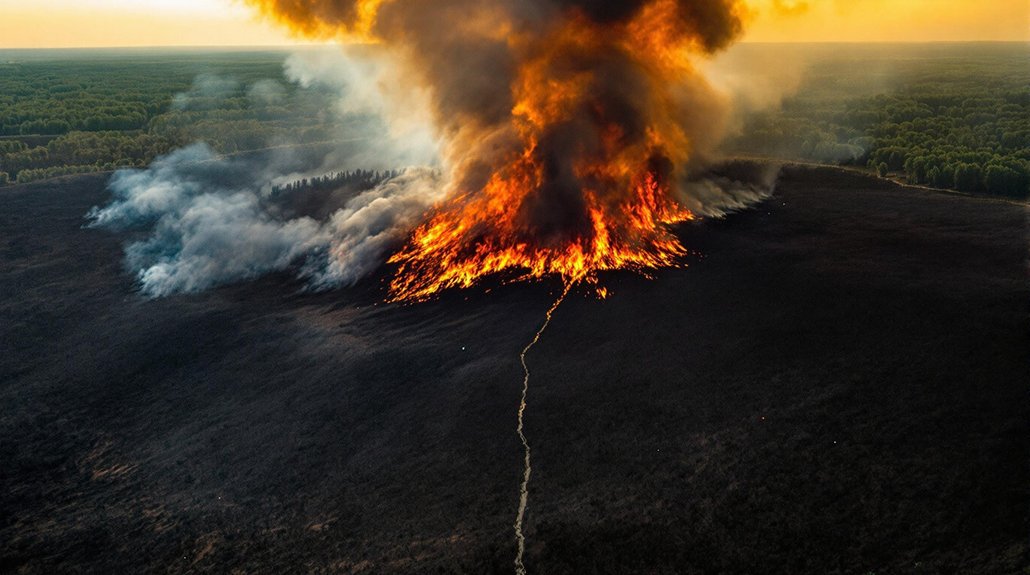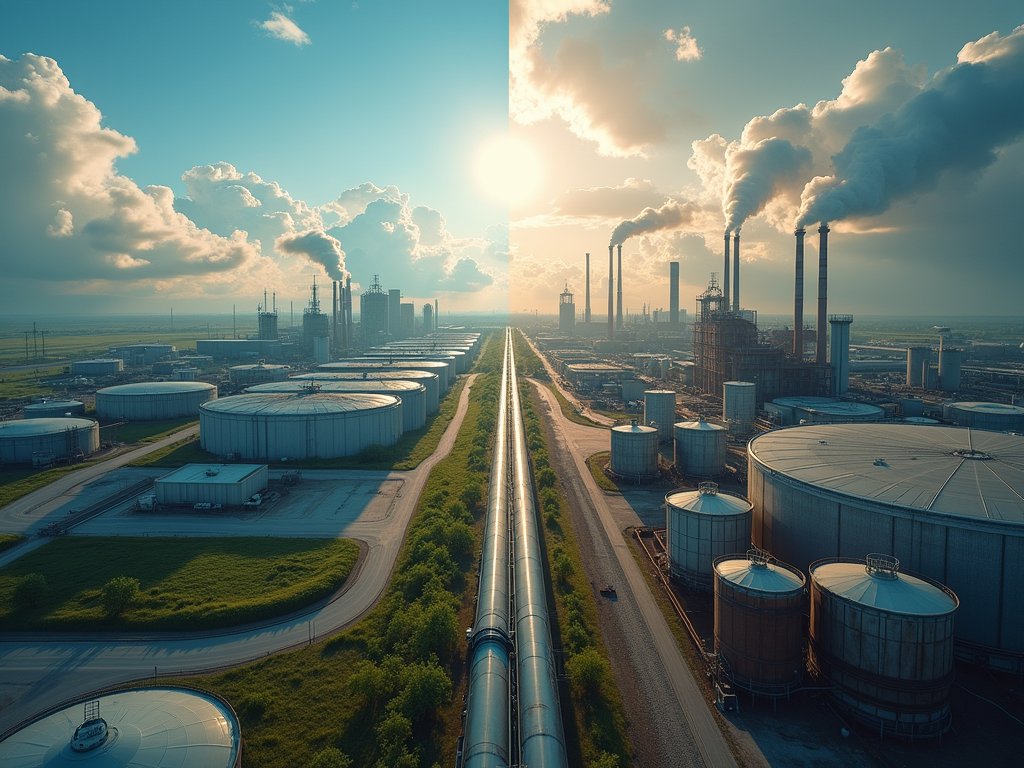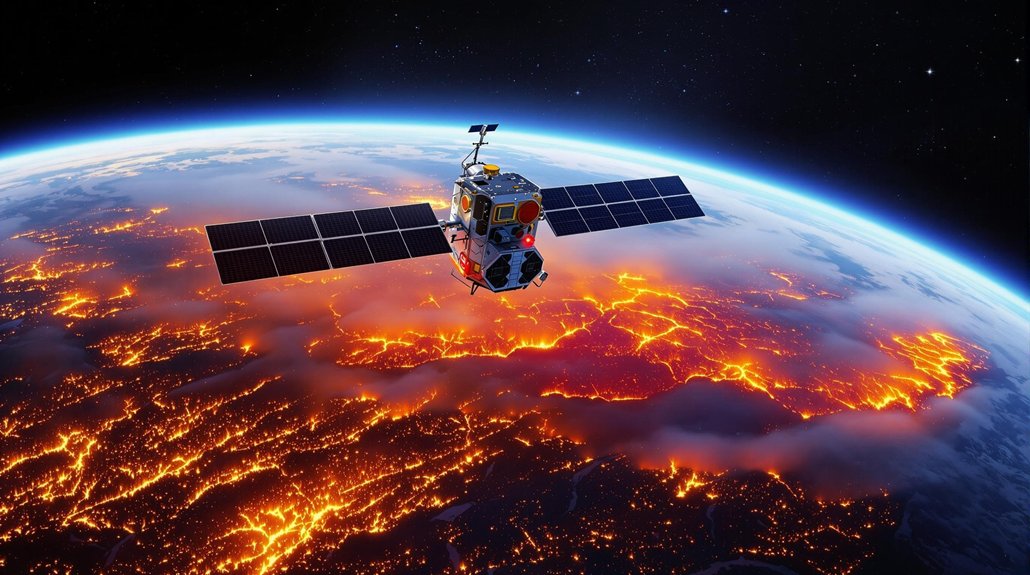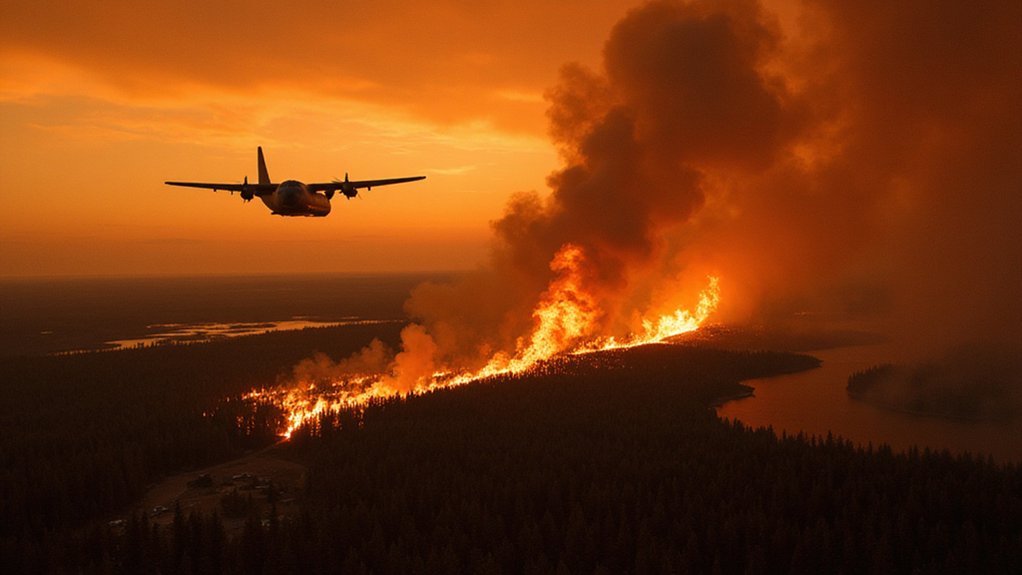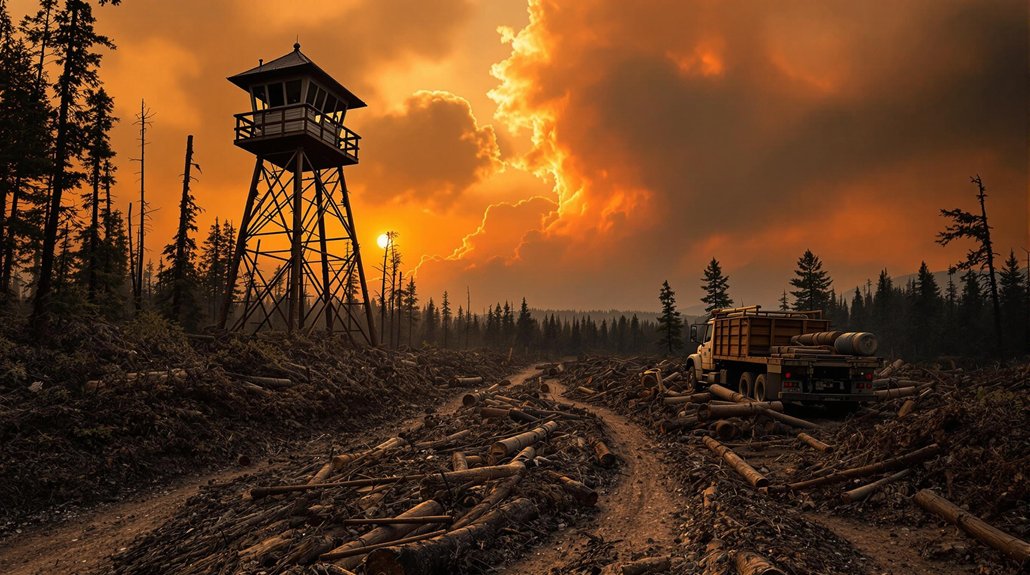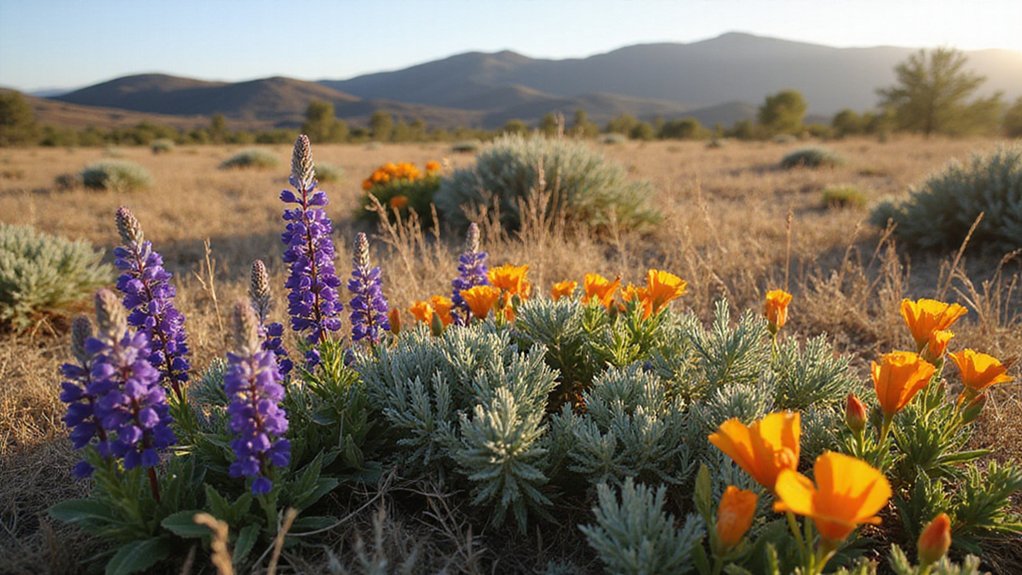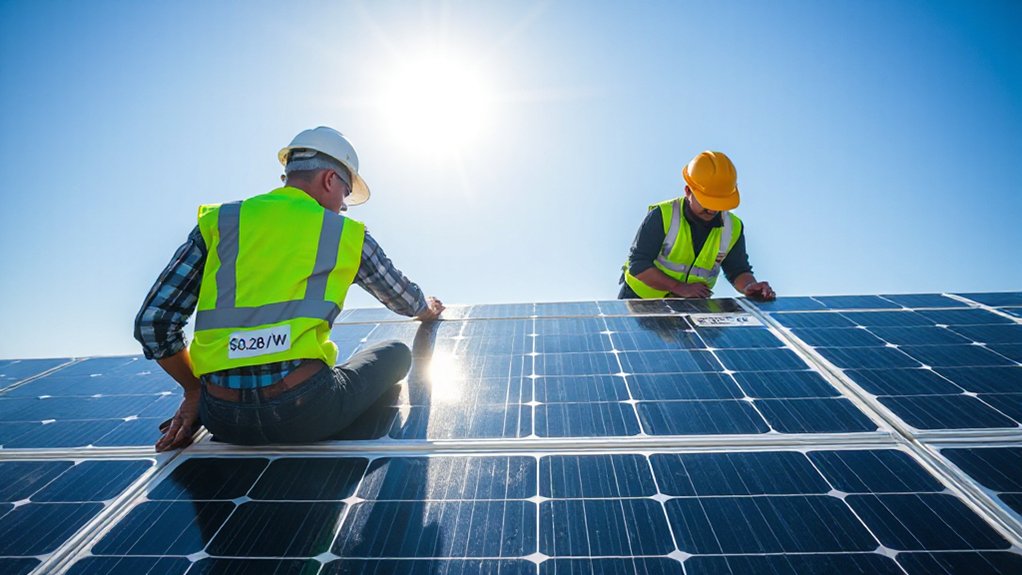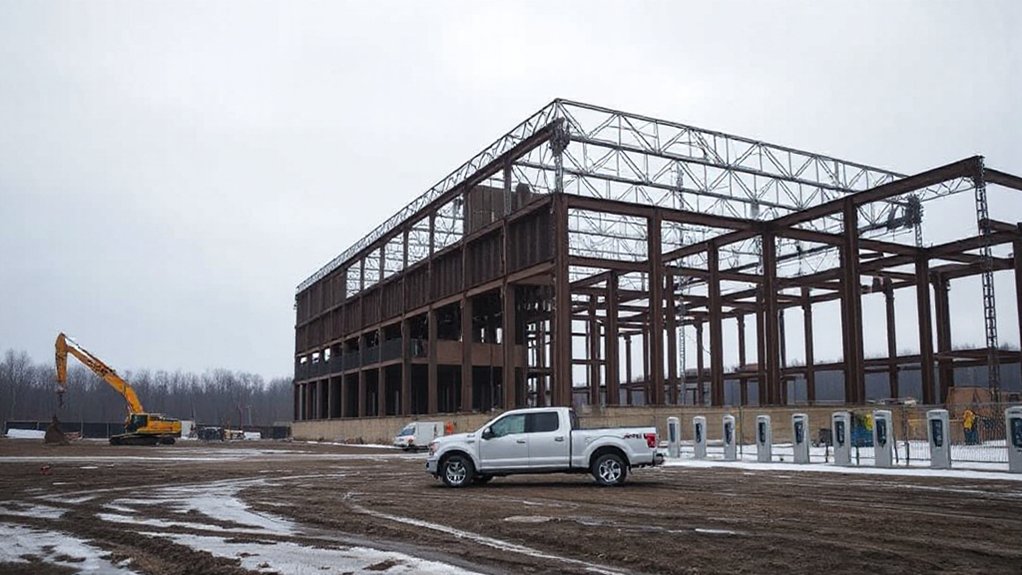Wildfires are getting worse, and humans are mostly to blame. Nine out of ten fires start from human stupidity—dropped cigarettes, abandoned campfires, or burning trash on windy days. Climate change isn’t helping, with warmer nights and longer fire seasons doubling wildfire activity worldwide. The costs are staggering: billions in damages, toxic smoke causing heart problems and memory loss. Creating defensible spaces helps, but let’s face it—the best prevention is to stop being idiots with fire.
Nearly every wildfire that scorches our landscapes shouldn’t have happened at all. That’s right – a whopping 9 out of 10 wildfires are human-caused. People tossing cigarettes, leaving campfires unattended, burning debris on windy days. Smart moves, folks. Really brilliant.
9 out of 10 wildfires start with human stupidity. Cigarette butts and abandoned campfires – our signature move.
The consequences? Devastating. Wildfire activity has doubled worldwide, with climate change playing cheerleader to the flames. Warmer nights, longer seasons, drier conditions – it’s the perfect storm. Or rather, the perfect inferno. Fire seasons that once had a predictable calendar now stretch beyond their boundaries like an unwelcome houseguest who won’t leave.
Since 2004, we’ve experienced the ten worst years on record for acreage burned. Not exactly the kind of “top ten” list anyone wants to make. Carbon emissions from forest fires have jumped 60% globally since 2001. The boreal forests? Their emissions have nearly tripled. So much for those carbon sinks we were counting on.
The health impacts hit harder than most realize. That smoky air isn’t just annoying – it’s deadly. Particulate matter smaller than 2.5 micrometers penetrates deep into lungs, triggering heart problems and exacerbating existing conditions. Even your brain isn’t safe, with cognitive impairment and memory loss linked to prolonged exposure.
Firefighters bear the brunt, risking their lives while we debate whether to properly extinguish our campfires. Economically, we’re talking billions in suppression costs annually. Add healthcare expenses, ecosystem damage, and infrastructure repairs – the true cost makes those billions look like pocket change. Recent statistics show these blazes caused $1.8 billion in damage nationwide in 2024 alone.
Detection systems have improved, with satellites scanning for thermal anomalies, but they still miss smaller fires. Meanwhile, our prevention strategies remain straightforward: create defensible spaces, manage fuels, use fire-resistant materials. Creating a fire-resistant plant perimeter around your home can significantly reduce the risk of property damage during wildfires.
The most effective strategy? Simply stop causing them. Stop driving over tall dry grass. Properly extinguish campfires. Don’t burn debris on windy days. Because southern infernos aren’t just alarming – they’re largely preventable.
